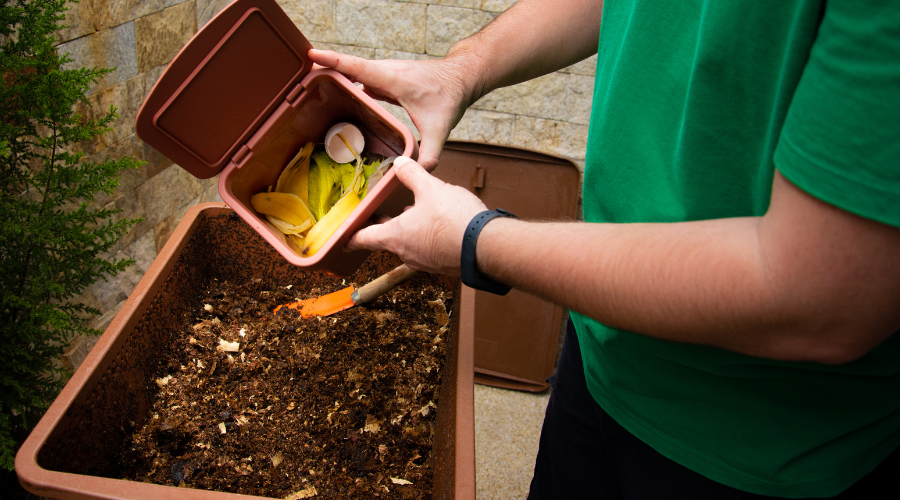Transitioning to a zero-waste kitchen is a commendable step toward sustainable living. By minimizing waste and making conscious choices, you can create an eco-friendly space that benefits your health and the environment. Here's a guide to help you embark on this journey.
Understanding Zero-Waste Principles
A zero-waste kitchen aims to reduce waste generation by adopting practices that promote sustainability. This involves mindful consumption, utilizing reusable items, and supporting products that align with eco-friendly values.
Steps to Achieve a Zero-Waste Kitchen
1. Assess Your Current Waste
Begin by evaluating the types of waste your kitchen produces. Identify items that are frequently discarded and consider alternatives to reduce this waste.
2. Embrace Reusable Products
Replace single-use items with reusable alternatives: ○ Shopping Bags: Use cloth bags for groceries instead of plastic ones. ○ Storage Containers: Opt for glass or stainless steel containers over disposable plastic bags. ○ Cleaning Cloths: Utilize washable cloths instead of paper towels.
3. Purchase in Bulk
Buying in bulk reduces packaging waste: ○ Dry Goods: Purchase grains, legumes, and spices in larger quantities. ○ Refills: Choose products that offer refill options to minimize packaging.
4. Compost Organic Waste
Set up a compost system for food scraps: ○ Compost Bin: Collect vegetable peels, coffee grounds, and eggshells for composting. ○ Garden Use: Use compost to enrich your garden soil.
5. Select Sustainable Products
Choose products that align with eco-friendly practices: ○ Organic Foods: Support brands like Siddhagiri Naturals that offer organic food products. ○ Eco-Friendly Packaging: Opt for items with minimal or recyclable packaging.
6. DIY Cleaning Solutions
Create your cleaning products: ○ Natural Ingredients: Use vinegar, baking soda, and lemon for effective cleaning. ○ Reusable Tools: Employ reusable brushes and cloths.
7. Plan Meals Thoughtfully
Reduce food waste by planning meals: ○ Shopping Lists: Make lists to avoid over-purchasing. ○ Leftovers: Incorporate leftovers into new meals.
Transitioning to a zero-waste kitchen is a gradual process that requires conscious effort and commitment. By implementing these steps, you contribute to environmental conservation and promote a healthier lifestyle. Embrace the change and inspire others to join the movement toward sustainable living.
Begin your zero-waste journey today by exploring eco-friendly products and resources. Visit Siddhagiri Naturals for a range of organic and sustainable options to support your transition.


_576511745218431.png)